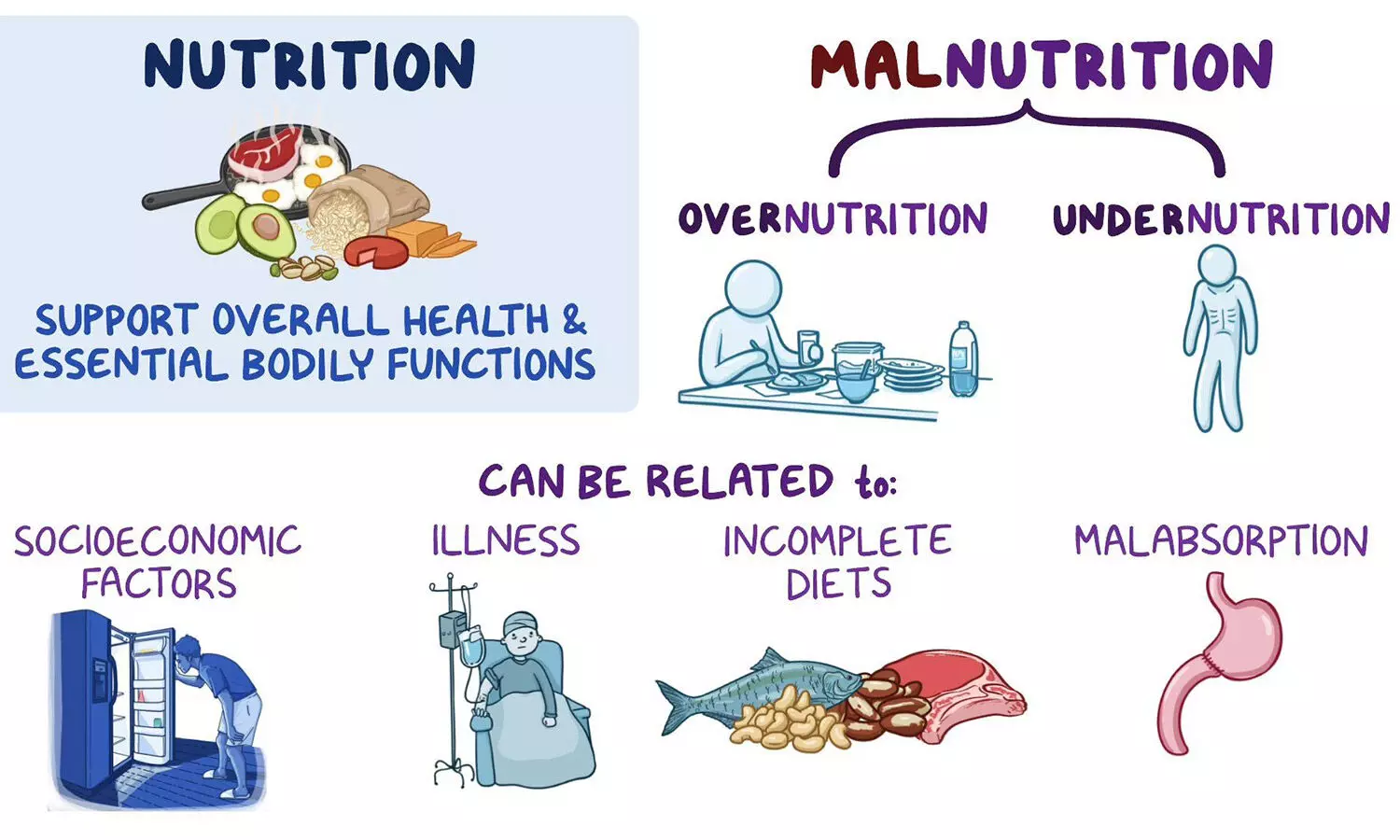5 Shocking Nutritional Deficiencies Affecting Millions Worldwide

Global nutritional deficiencies
Millions worldwide suffer from nutritional deficiencies like iron and vitamin A deficiency. These can cause fatigue, vision problems, and hinder development. We can combat them through a balanced diet, fortification of staple foods, and targeted supplementation.
Our bodies need a variety of nutrients to function properly, just like a car needs different parts for smooth running. When we lack these essential components, called nutritional deficiencies, our health can suffer.
Let’s explore five of the most common global nutritional deficiencies.
Iron Deficiency: This is the most widespread deficiency, affecting over 2 billion people globally. It's particularly common in young children and women due to factors like menstruation and pregnancy. Symptoms include fatigue, weakness, and trouble breathing.
Vitamin A Deficiency: This deficiency is most prevalent in developing countries, impacting millions of children. It can lead to vision problems, weakened immunity, and even blindness.
Iodine Deficiency: This deficiency affects people in areas where iodine, crucial for healthy brain development and thyroid function, is scarce in the diet. It can cause problems like goiter (swollen neck) and intellectual disabilities.
Folate Deficiency: This deficiency is crucial as folate plays a vital role in cell growth and development, especially during pregnancy. It can cause birth defects and other health issues for both mother and child.
Zinc Deficiency: Zinc is essential for a healthy immune system and wound healing. Deficiency can increase susceptibility to infections and delay wound healing.
Impact of Poor Nutrition on Health
Nutritional deficiencies can have various negative consequences on health, hindering growth and development, reducing immunity, and increasing the risk of chronic diseases like heart disease and diabetes.
Strategies to Overcome Nutrient Gaps
Combating these deficiencies requires a multi-pronged approach.
Dietary Changes: Consuming a balanced diet rich in fruits, vegetables, whole grains, and lean protein ensures a wider range of nutrients.
Fortification: Fortifying staple foods like flour and rice with essential vitamins and minerals can significantly improve nutrient intake in vulnerable populations.
Supplementation: In certain cases, individuals may need additional supplements to address specific deficiencies after consulting a healthcare professional.
By addressing these common nutritional deficiencies, we can contribute to a healthier and stronger population worldwide.








